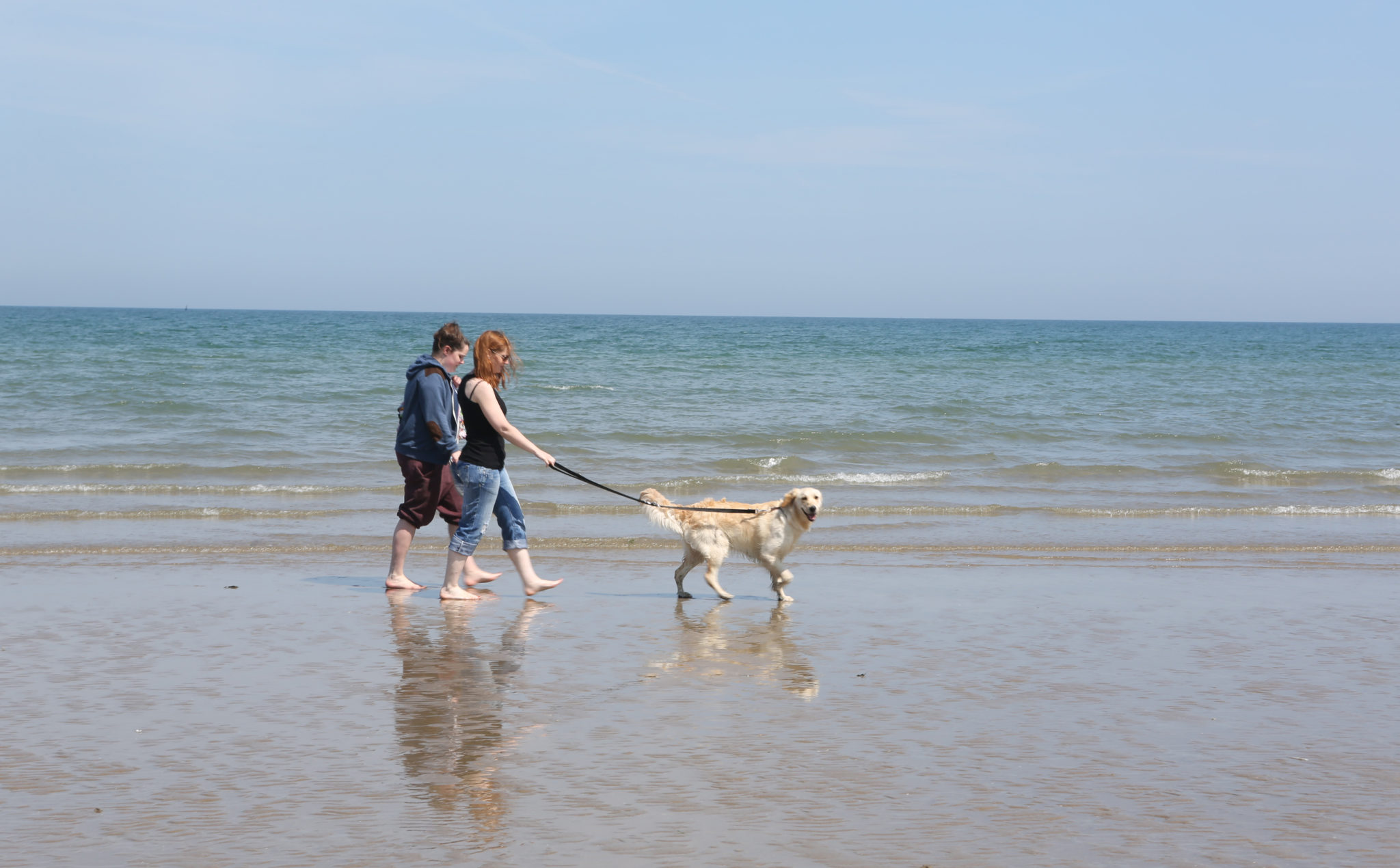The Environmental Protection Agency (EPA) is seeking more testing to be carried out at popular bathing spots in Ireland to monitor water quality.
The public have increasingly taken to the beaches and lakes across the country since the outset of the pandemic.
While water quality is monitored during the summer months, the agency wants to see further assessments carried out to ensure people can swim safely during the other seasons.
Local authorities in Ireland are responsible for managing the beaches and for monitoring the bathing water over the 'formal season' which goes from June 1st to September 15th
The EPA, as the environmental regulator for bathing water, make sure local authorities are carrying out their functions and classify the water, meaning each area is given a classification on quality, ranging from 'excellent' and 'good' to 'sufficient' or 'poor'.
If the water quality is deemed 'sufficient' or better, then it's safe to swim in that bathing spot, but if it is classified as 'poor', then the advice is not to swim there for a year.
Mary Gurrie, Programme Manager with the EPA, explained to Máire Treasa Ní Cheallaigh on Newstalk Breakfast Weekends how swimming in areas with poor water quality can result in people getting sick.
"The water is tested over the course of the season for two indicators of contamination, that's E. coli and Enterococci," she said.
"What they are are indicators of either animal waste or human waste, sewage or slurry that may have gotten into the water, and they tell you that the water is contaminated.
"That kind of material can contain pathogens and things that can make people sick, particularly gastro-intestine illnesses like stomach bugs and quite severe illnesses so it's really important that people do check out the water quality before they go.
She added that if a location usually has good water quality but if there is an incident, particularly heavy rain, which lowers the quality, then a notice will go up for a few days advising the public not to swim.
The contaminants in the water can affect people in different ways, and "the range of illnesses can be severe", Ms Gurrie said, particularly for people who are immuno-compromised.
She explained that it was clear that since the pandemic, more people are swimming year-round.
 People enjoying the hot weather on Portmarnock beach in Dublin. Photo: Sam Boal/Photocall Ireland
People enjoying the hot weather on Portmarnock beach in Dublin. Photo: Sam Boal/Photocall IrelandIreland has fantastic beaches and amenities for the public to enjoy, she said, and the EPA is looking for water testing to be carried out more regularly throughout the year.
"The EPA, when we released our report a few weeks ago, called for further monitoring to be carried out at these popular bathing spots where people are swimming year-round," she said.
"The water quality will not be as good in the winter, that's the reality, it does get impacted if you have rainfall where agricultural waste can get washed into the rivers and down on to beaches or urban wastewater from stormwater overflows or treatment plants.
"That can be more a problem during the winter period but if we had more information about what beaches might be less risky than others and further monitoring would help support people about making decisions on where to swim and where might be safe."
People are advised to check Beaches.ie for the most up to date information about each bathing spot.









